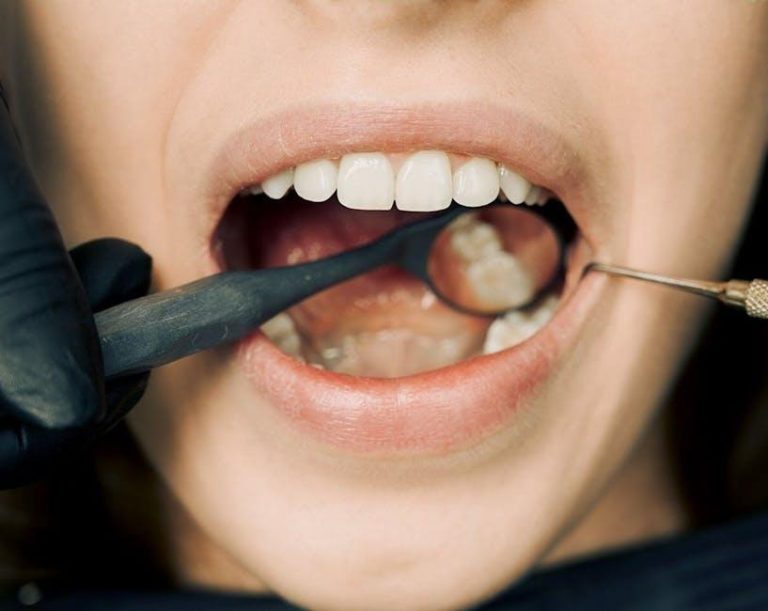
Is My Dentist Scamming Me? How to Spot Dental Scams and Protect Yourself
Few things are more important than taking care of your oral health. But sometimes, when dental bills pile up, it’s natural to wonder: Is my dentist scamming me? Unfortunately, not all dental providers have your best interests at heart. From unnecessary procedures to inflated costs, discerning fact from fiction in dental care can be tricky. This article dives into the signs of dental scams, practical tips to avoid being overcharged, and how you can take control of your dental health with confidence.
Understanding Dental Scams: What Does It Mean?
Dental scams can range from minor billing errors to serious fraudulent practices aimed at maximizing profits at your expense. While most dentists are honest professionals, some unscrupulous providers may:
- Recommend unnecessary treatments
- Overcharge for standard procedures
- Use subpar materials or equipment
- Bill insurance for services not rendered
- Pressure patients into expensive cosmetic or elective treatments
Common Signs Your Dentist Might Be Scamming You
If you’re uneasy about your dentist’s recommendations or bills, watch for these red flags:
- Overly aggressive treatment plans: Multiple procedures recommended at once without clear explanations.
- Repeated visits for the same problem: Persistent “repairs” that never seem to resolve the issue.
- High and unexplained charges: Fees that are significantly higher than average for your region or procedure.
- Pressure to pay upfront or in cash: Avoiding transparent billing or insurance processing.
- Lack of detailed cost breakdown: Vague or confusing invoices without itemized charges.
Practical Tips to Protect Yourself From Dental Fraud
Don’t leave your dental care to chance. Here are proven strategies to avoid dental scams and take control of your oral health spending:
- Get a second opinion: If you’re unsure about treatments, consult another licensed dentist.
- Research average costs: Use online resources and local dental offices to compare prices for common procedures.
- Ask for detailed treatment plans and cost estimates: Make sure your dentist thoroughly explains the necessity and benefits of each procedure.
- Verify insurance coverage: Confirm what your dental insurance plan covers before undergoing costly treatments.
- Check dentist credentials and reviews: Look up professional licensing boards and patient feedback online.
- Keep copies of all records and invoices: Document everything to help identify inconsistencies or billing errors.
Case Study: Spotting a Real Dental Scam
Consider Jen’s story, a 34-year-old teacher, who was quoted $3,000 for multiple fillings after a routine checkup. Feeling uneasy, she sought a second opinion. The second dentist indicated only two small cavities needing minimal work, costing under $500. This discrepancy alerted Jen to the possibility of being overcharged or recommended unnecessary procedures by the first dentist.
Jen resolved the issue by reporting the practice to her state dental board and switching providers. Her experience is a solid reminder to question expensive or extensive treatment plans and advocate for your own dental health.
Comparing Dental Procedure Costs: An Average Pricing Guide
Below is a simple cost comparison table of common dental procedures in the United States. Prices vary by region and provider, but this can help you spot unusually high fees.
| Dental Procedure | Average Cost Range | Notes |
|---|---|---|
| Dental Cleaning (Prophylaxis) | $75 – $200 | Regular maintenance, twice a year recommended |
| Filling (composite resin) | $100 – $400 | Depends on cavity size and tooth location |
| Root Canal Treatment | $700 – $1,500 | Varies by tooth (front vs. molar) |
| Dental Crown | $800 – $1,700 | Includes crown and placement |
| Teeth Whitening | $300 – $600 | Elective cosmetic procedure |
Why Honest Dentists Recommend Treatments
It’s important to differentiate between scams and genuine dental care recommendations. Honest dentists will:
- Explain the diagnosis clearly with X-rays or photos
- Discuss treatment options and alternatives
- Highlight risks of delaying or skipping treatment
- Tailor treatment plans to your budget and health needs
Remember, preventative care can save money and pain down the road. Be proactive but cautious.
Frequently Asked Questions (FAQs)
Can my insurance help prevent dental scams?
Yes, insurance companies often review claims to detect fraud. However, always verify your coverage and watch out for claims that seem inflated or unnecessary.
Should I trust online reviews of dentists?
Online reviews can be helpful but sometimes misleading. Cross-reference multiple sources and consider asking for recommendations from trusted friends or family.
What should I do if I suspect my dentist is scamming me?
Document your concerns, get a second opinion, and contact your state dental board or consumer protection agency for advice or to file a complaint.
Conclusion: Take Charge of Your Dental Health with Confidence
Dental care is essential, and while the fear of scams can be unsettling, taking informed steps will empower you to avoid potential fraud. By recognizing red flags, researching costs, asking questions, and seeking second opinions, you place yourself firmly in control of your oral health and finances.
Your smile is priceless, but dental scams don’t have to be a part of your story. Stay vigilant, ask for transparency, and trust professionals who respect your health and wallet.
Stay informed, smile confidently, and protect your dental investment.


